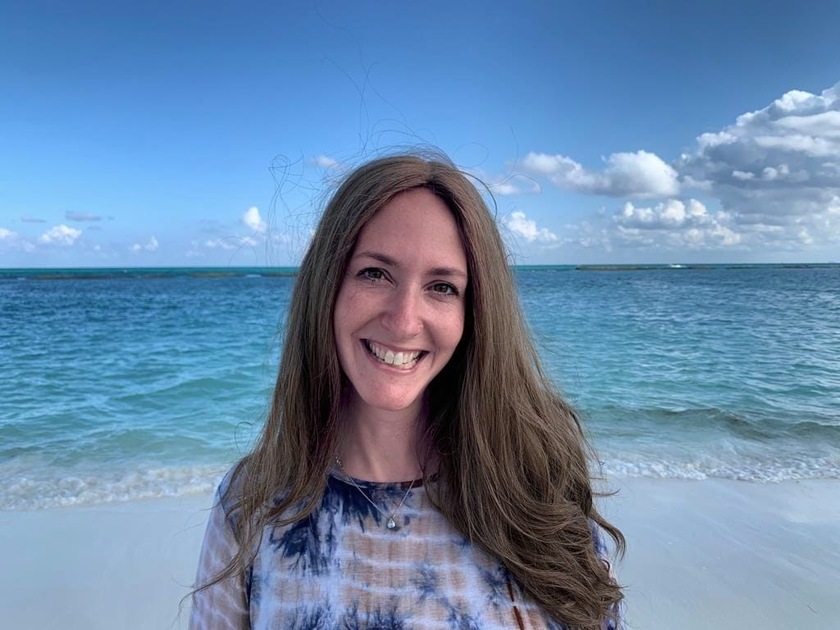
At the root of so many people’s questions, doubts, insecurities and fears, lies this niggling question:
Am I normal?
And it shows up in a variety of permutations:
Is this normal?
My history?
My family?
My thoughts, feelings, relationships?
And buried even deeper than that for many is the alternative:
“Am I abnormal? Dysfunctional? Crazy?”
The good news is that for most of us, the answer to both is usually “yes.”
My dad once taught me:
“Do you know what the definition of normal is? Someone you don’t know very well.”
[And then there’s the quippy (if less intelligent): “Normal is just a setting on the washing machine.”]
Actually, normal means falling within a certain range on a bell curve, which can be measuring anything, comparing a unit to others in the same sample set, but we humans are more than statistics.
Norms are helpful for determining medical metrics like pulse and heart rate.
But when many clients worry about whether they or their circumstances are “normal” I often reply: “Don’t worry about being normal; normal is boring. Aim for healthy.”
We want to be individuals, we want to be unique, find our own voices, but motivation aside, we know what the fear is. As homo sapiens, we want to feel that we belong. We want to know that we fit with our tribes. That there’s nothing defective or inferior about us.
The two deepest fears we have are:
Am I enough? And: Am I lovable.
Enough to satisfy my own expectations for identity, and lovable enough that others will want me in their lives.
Sometimes it’s helpful to understand how we “rank” relative to the rest of the human community– if I think I have a beautiful singing voice, while in reality, my crescendo cracks glass, it’s useful for me to know not to quit my day job.
If I think I’m hilarious, but in truth, the crowd is cringing at my humor attempts, I need to learn to read the room.
If I think my parenting is en pointe but I might actually be harming my kids, I want to learn to do better.
I might think my car insurance rates are normal, when really I could be saving 15 % or more. (See above: cringey humor example.)
We’re all normal, we’re all abnormal, and we’re all unique in some ways, our own constellations of nature and experiences. And that’s what makes life interesting.
If you have concerns about your “normalcy” you could ask yourself:
“Is the way in which I deviate from the norm a problem? Does is or could it cause any distress or harm to myself or to others? If it continues would that be a problem? Are there any advantages to my differences?”
If the abnormality you see in yourself poses a danger or even a concern to you, by all means, speak to a professional. Even if what you’re worried about is benign, or considered advantageous, if it bothers you, talking it out with a doctor, therapist, or other appropriate specialist might help you understand yourself better and put your mind at ease.
If it turns out that what you noticed is of concern medically, psychologically, or in some other relevant way, they can help you figure out a way to either treat the issue or work with it. Which might beg another question:
“Is it normal to go see a therapist?”
One of the advantages of being a human is that we’re not meant to do life alone. We go to stores to buy food and clothes, to doctors when we’re sick, to service providers when we need help with our cars, plumbing, electricity, or legal needs. There’s no more shame in speaking to a therapist when something is on your mind than seeing an eye doctor if you think you need glasses. It’s all perfectly normal.
It’s even normal to see a therapist if nothing in particular feels off, but you just want to explore your inner world in a safe, confidential, guided, empathetic space.
If you’re wondering about your own well being in this way, and/ or thinking about speaking with a mental health professional but not sure about how it works, you might want to check this out.
Are you Enjoying what you are reading?
To receive more content like this sign up for Elisheva's weekly Schmoozeletter HERE!
Check out my new course!
A Religious Families Guide to Healthy Holy Sex Education: Sacred Not Secret
Elisheva Liss, LMFT is a psychotherapist in private practice. Her book, Find Your Horizon of Healthy Thinking, is available on Amazon.com. She can be reached for sessions or speaking engagements at speaktosomeone@gmail.com More of her content can be found at ElishevaLiss.com
 Previous
Previous

